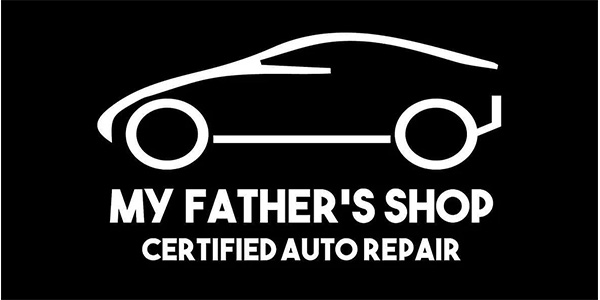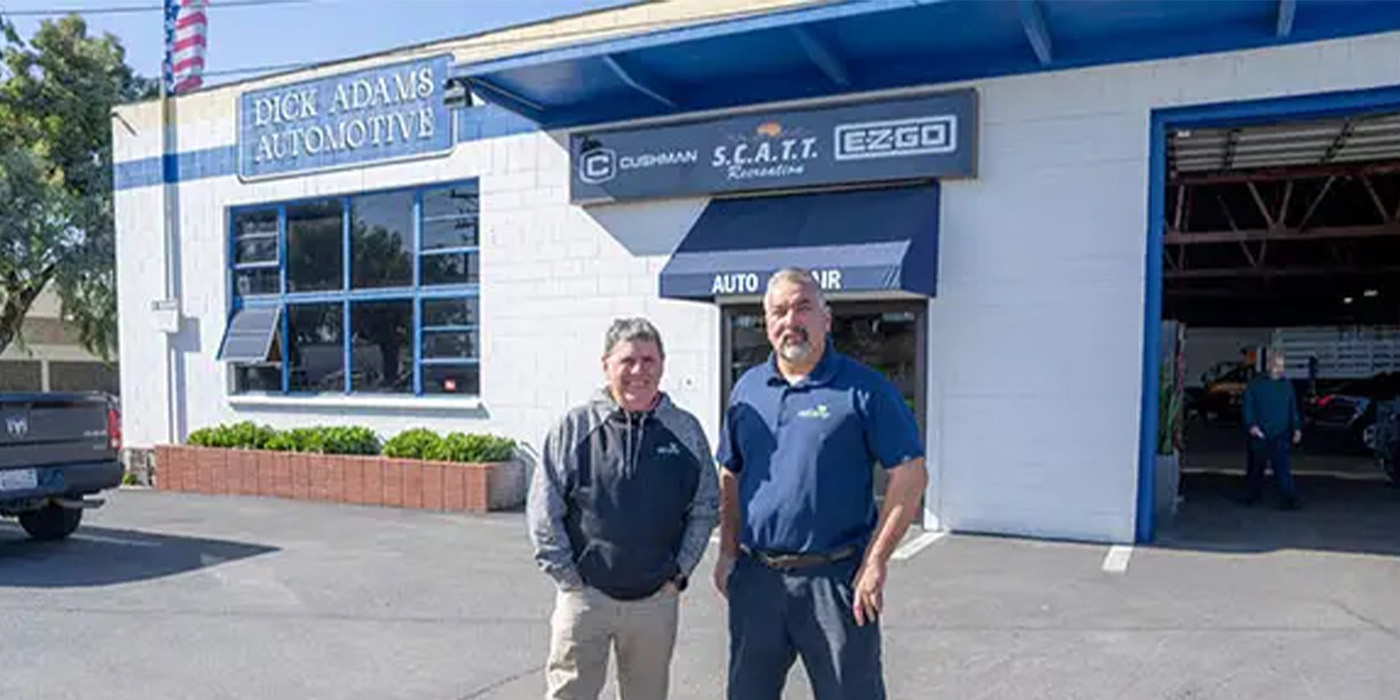The last two years have increased employer concern about acquiring and retaining employees.
In auto shops, the pace can be frenetic as employees juggle work tasks, their managers’ requests, and the emotional meltdown of a disgruntled customer.
Even with the best system in place, the amount of work and specific flow changes from week to week. While everyone wants to have a full line-up of business, the busyness can exacerbate the stress of internal arguments, unavailable parts, and scheduling gone wrong. Thus, employees who get better offers elsewhere will leave and exchange the same stress for a higher paycheck, unless they are given a reason to stay.
Let employees know they are appreciated
The first rule of employee retention is the cheapest, most underutilized and most critical strategy by owners: let employees know that they matter as a human. While the idea of appreciating people is given a lot of lip service, there is little action attached, often because managers do not feel comfortable with emotion themselves. They worry that valuing an employee means they need to hold hands and sing kumbaya. Not only is that not necessary, but employees also cringe with over-the-top demonstrations, especially if they highlight hypocrisy between stated values and the way they are treated.
In the same way that employees at auto shops perform tasks that are straightforward and critical to auto health, valuing employees can be straightforward and critical to morale. In the speed of the business, it’s easy for managers to forget to say “thanks for pushing that job through; I know the schedule got hijacked today,” or “thanks for your hard work.” Yet these simple phrases are the ones that employees discuss with their families; “my boss said something nice to me today.”
In addition to saying “thank you, I appreciate your hard work,” a way to value employees is to provide immediate positive and negative feedback so that they always know where they stand. Even when conversations are frustrating, employees feel respected when they are validated for what they do well and told about the specific areas in which they can improve. More employees complain about a lack of feedback than they do about being told they did something wrong.
Give your team a voice
Another underestimated strategy for employee retention is giving employees a voice in decision-making. Many owners instantly fear that this means letting the employees run the shop. It’s the opposite.
For example, if an auto shop consistently struggles with problems in its part-ordering process, it can ask the team for any insights or suggestions to problem-solve. If the shop’s owners struggle with employee retention, they could ask the employees what factors make them want to work there and where they could further improve.
Getting employee buy-in does two things: 1) it shows respect and value for their thoughts 2) it creates an amount of sweat-equity – those who help build a business are less likely to leave it.
In making employees feel like they matter, all attempts will be nullified if a manager runs around screaming that someone is an idiot or throwing wrenches in a fit of anger. Some employees are extra sensitive to the emotions of others, and this type of disrespect will make them want to quit, even if it was not directed at them. On the contrary, providing a consistent, positive environment makes employees less likely to leave because they value being treated well.
Good pay isn’t always the determining Factor
Does money make a difference? Sure. The degree of difference varies according to the number of competing shops and the amount of variability in the pay for an area. The main problem is the assumption that pay is a primary factor in employee retention. For some people it is, but for others, it’s only one of the factors.
Owners want to create an environment of value, respect, and teamwork that make it hard for someone to choose to leave. Conversely, treating people like widgets will normally make them act like one and go to the highest bidder.
Don’t tolerate toxicity
Toxic employees need to be fired. Even if they are highly skilled, they act as cancer in the shop. If a toxic employee creates stress in the daily routine, there is no amount of “talking to them” that will fix the problem. What usually happens is that 3 or 4 good people leave before an owner understands the cost of keeping the highly skilled but toxic individual.
Owners waste time when they try to keep people with bad attitudes. They can better optimize their time by focusing on the great employees and creating an environment that makes them want to stay.
Employee retention is key to any auto shop’s success. Do everything you can to make your business a place where employees want to work. Let your team know you appreciate them, give them a voice in the decision-making, fire toxic employees, and give workers a reason to stay beyond a paycheck. Take these steps and you will create a shop with high employee retention.















